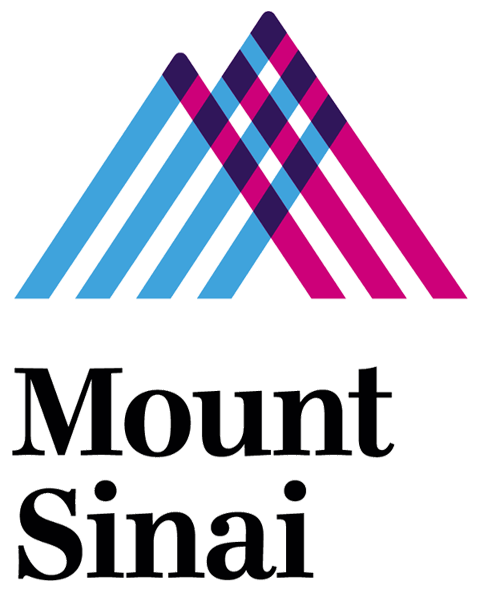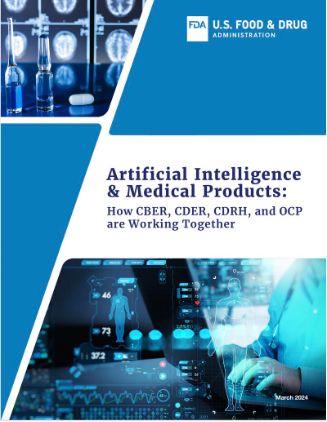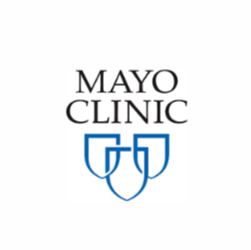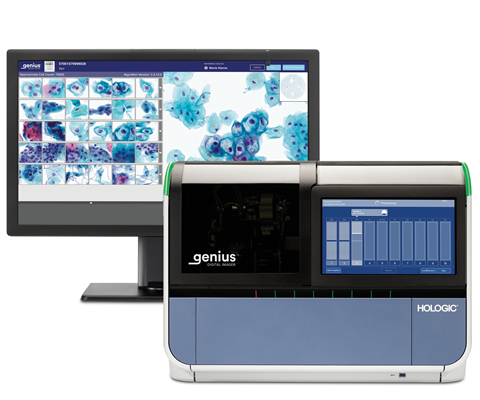

Study reveals limitations of large language AI models in medical coding.

Study reveals limitations of large language AI models in medical coding.

Although 61% of decision-makers at healthcare organizations said their firms invested at least $100 million in digital transformation initiatives over the past year, 65% of those respondents said their firms have translated less than half of those investments into tangible business value. These numbers highlight the challenges of digital transformation with data siloes posing the biggest threat to success.

Researchers have developed a new machine-learning model that can precisely make prognosis predictions for patients with osteosarcoma, based on the density of viable tumor cells post-treatment.

“Artificial Intelligence and Medical Products: How CBER, CDER, CDRH, and OCP are Working Together” outlines how FDA’s medical product centers plan to address regulation of AI used in medical products and their development.

Mayo Clinic News Network/ — In a review published in Cancers, the researchers note that this emerging class of AI offers an innovative way to use massive datasets to help discover the complex causes of diseases such as cancer and improve treatment strategies.

While the MedTech industry continues to face significant challenges related to regulatory requirements, cybersecurity issues, recalls and lawsuits, leaders in the industry are navigating and overcoming these areas to push innovation forward like never before.

Traditional screening tests suffer from a range of challenges. From logistical barriers to concerns regarding accuracy and reliability, achieving accurate diagnosis is frequently arduous. Imagine a revolutionary approach where early disease screening becomes as simple as collecting a breath sample. Thanks to cutting-edge sensor technology and advanced artificial intelligence, this vision is now on the brink of realization.

In February, Hologic received FDA clearance for its Genius Digital Diagnostics System, which combines advanced imaging with AI-assisted review for cervical cancer screening. We spoke with Mike Quick, who led the development of the technology, and Dr. Hans Ikenberg, director of one of the first labs to work with the system.

A new survey from the Center for Connected Medicine at UPMC Sheds light on how healthcare systems are navigating both the promise and the possible risk of AI and generative AI.

LNE-GMED UK has been designated as a UK Approved Body to assess and certify general medical devices in accordance with Part II of the UK Medical Devices Regulations 2002. Scarlet NB UK has been designated with a focus on assessing and certifying software and AI as a medical device (AI/SaMD).